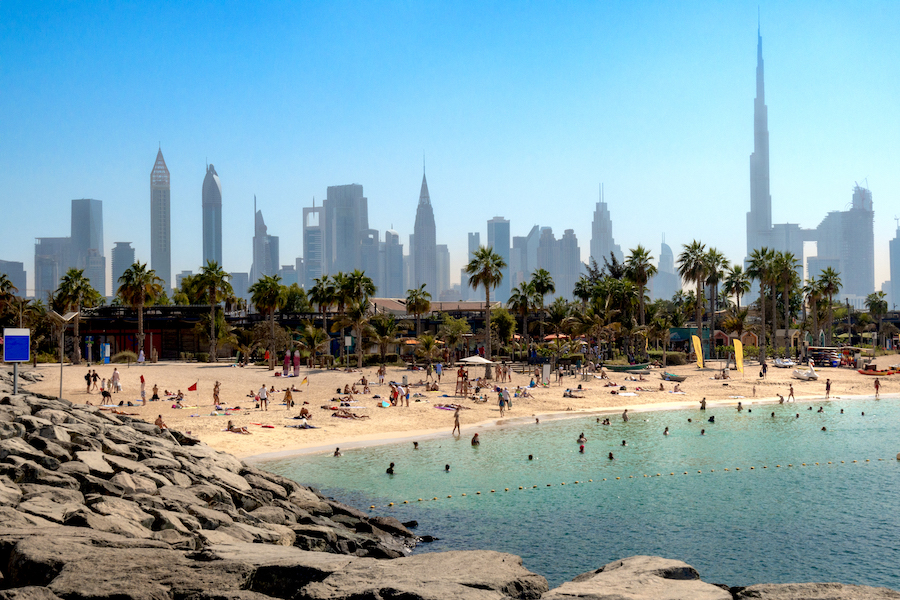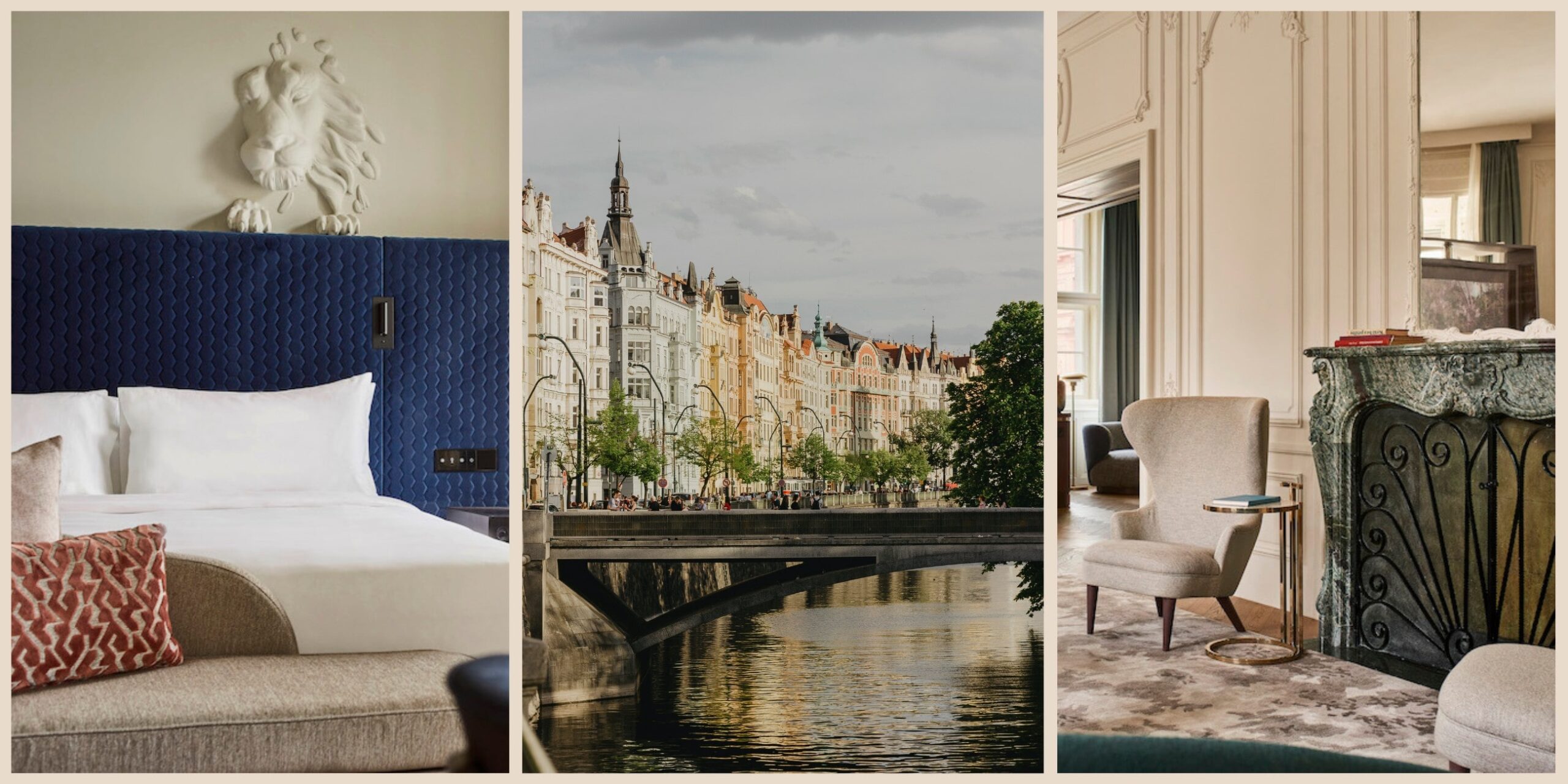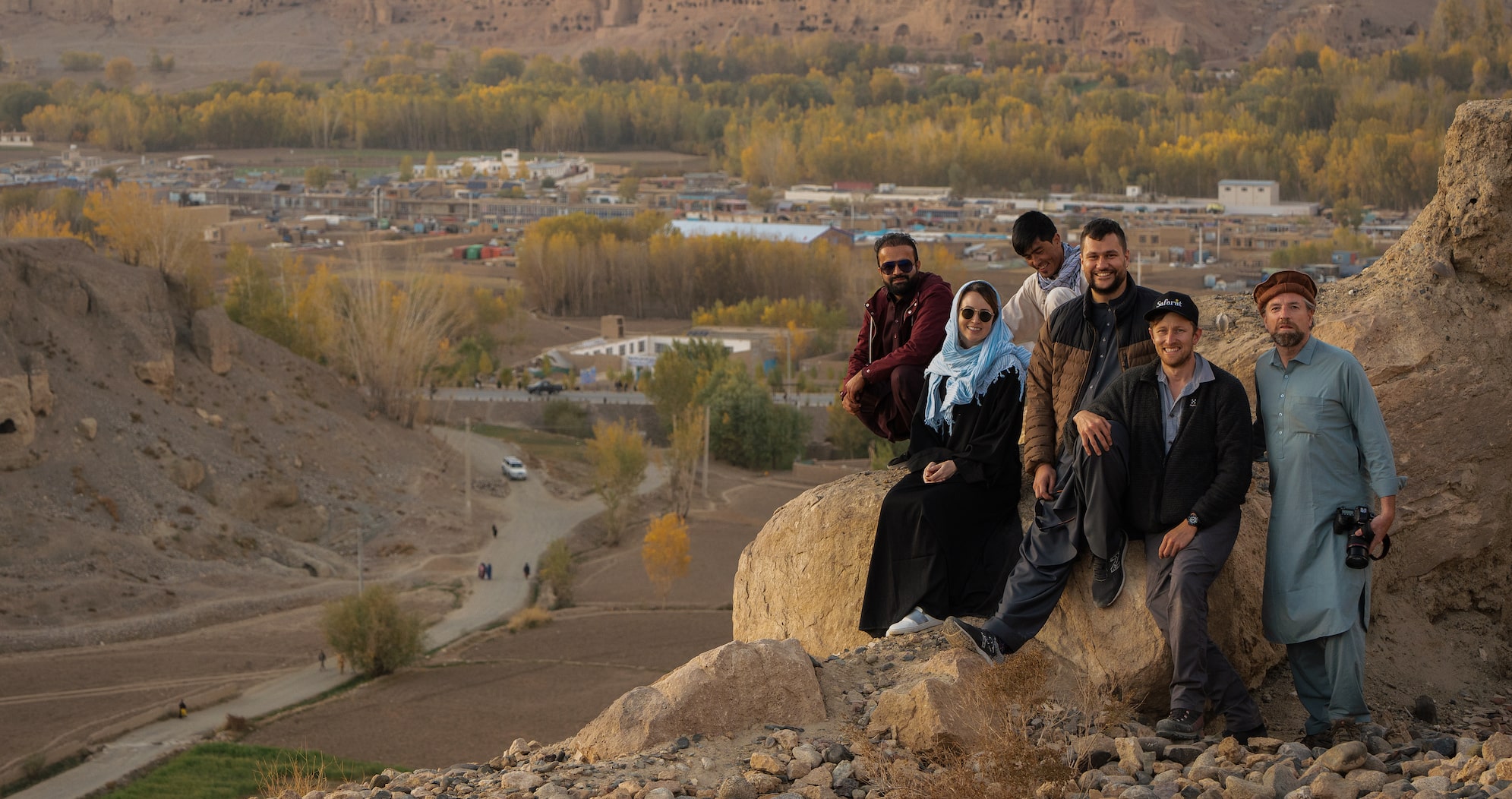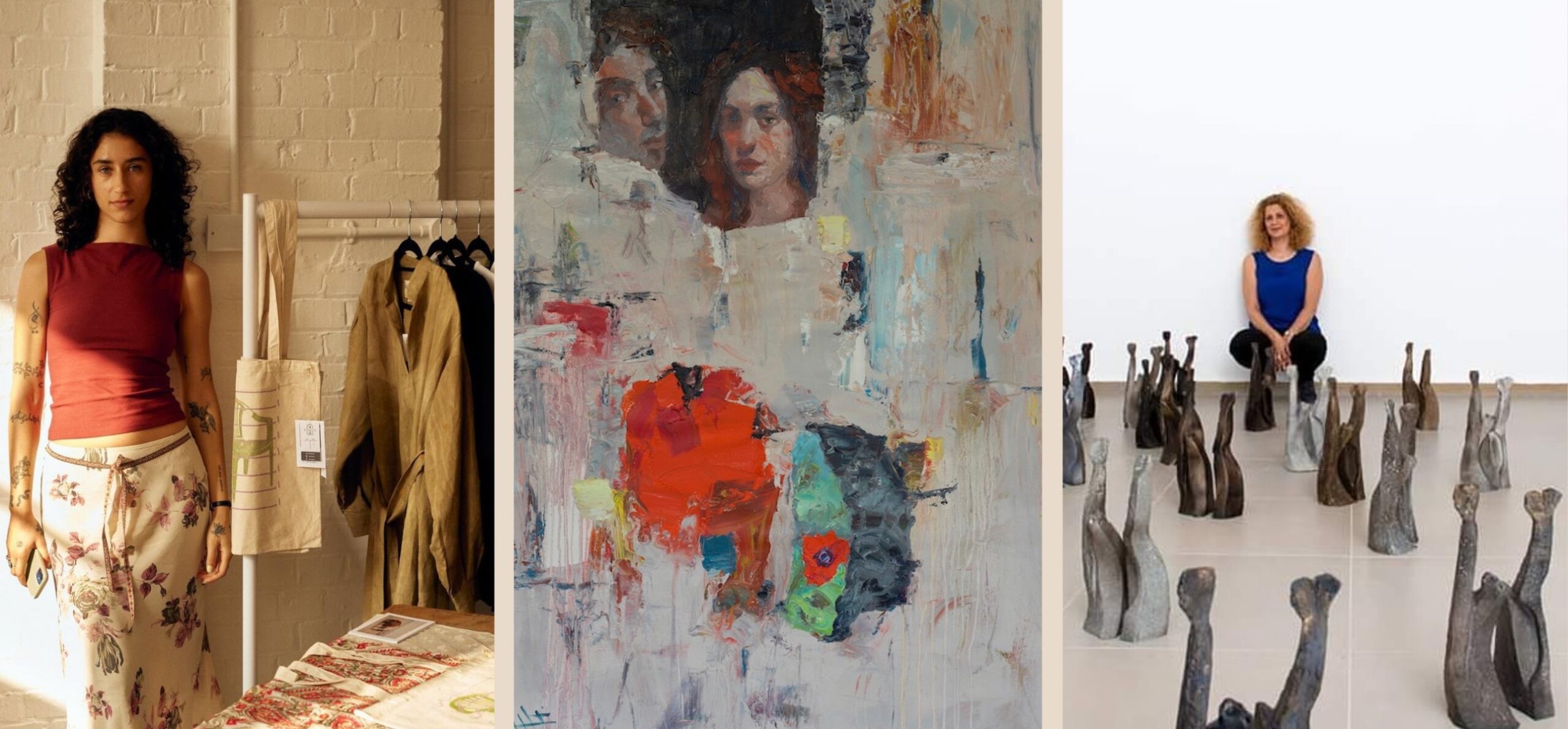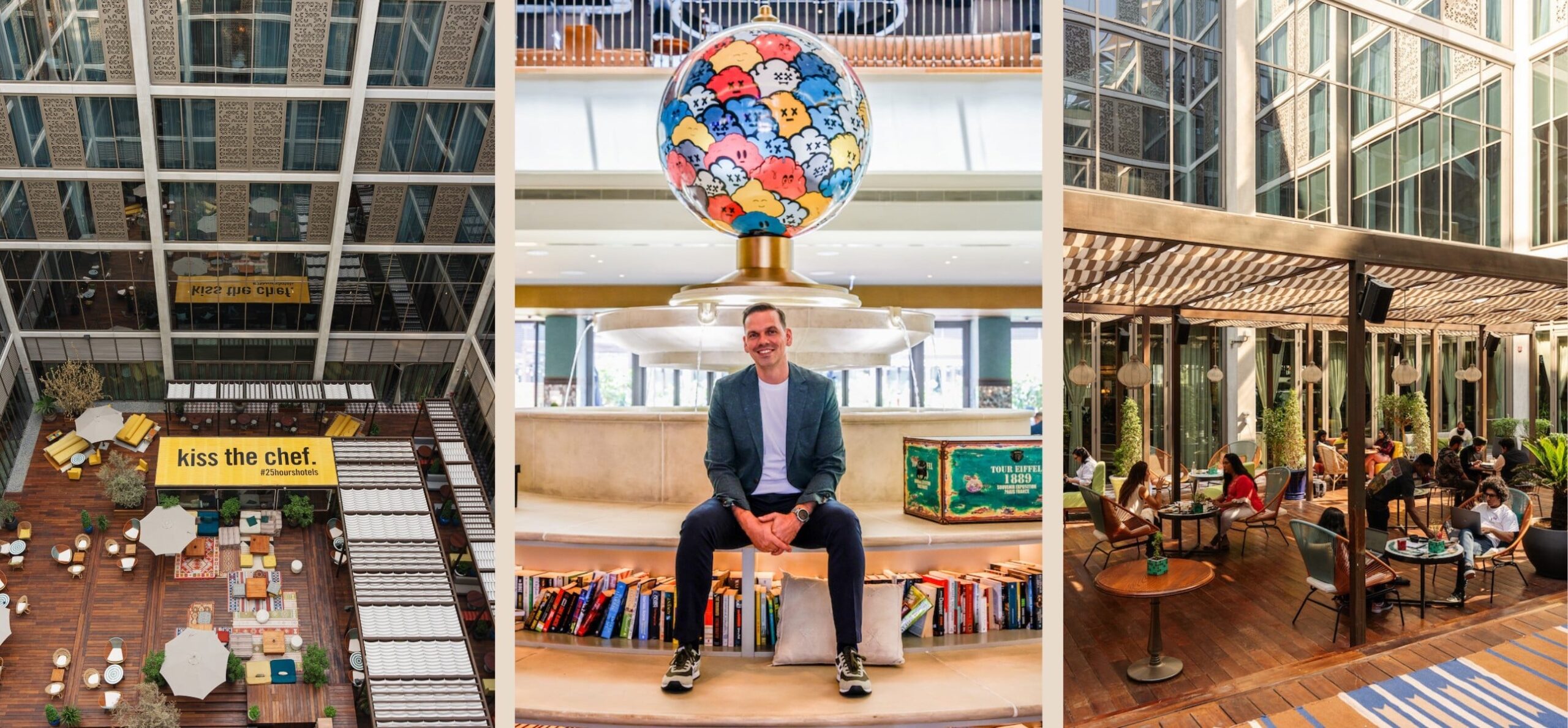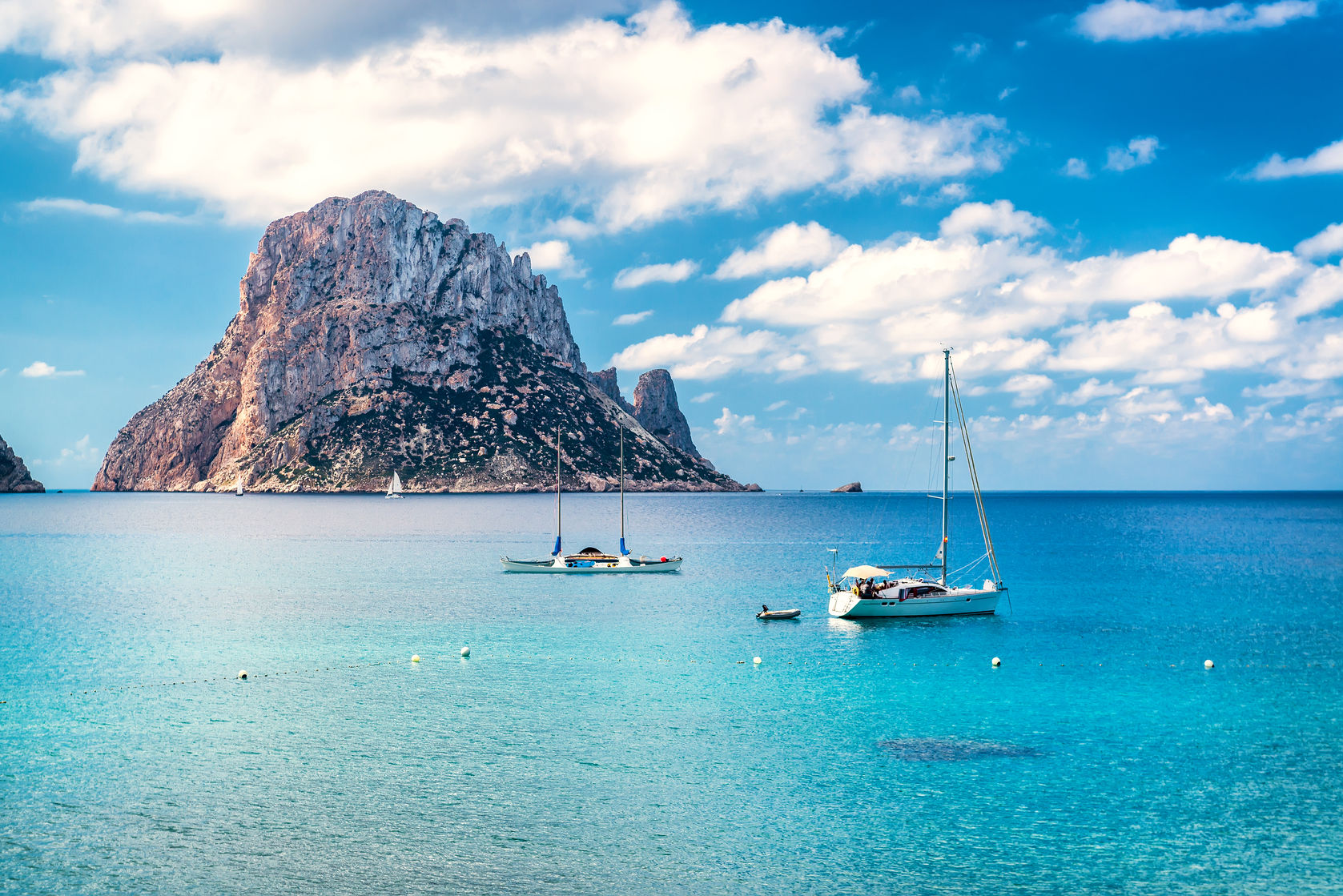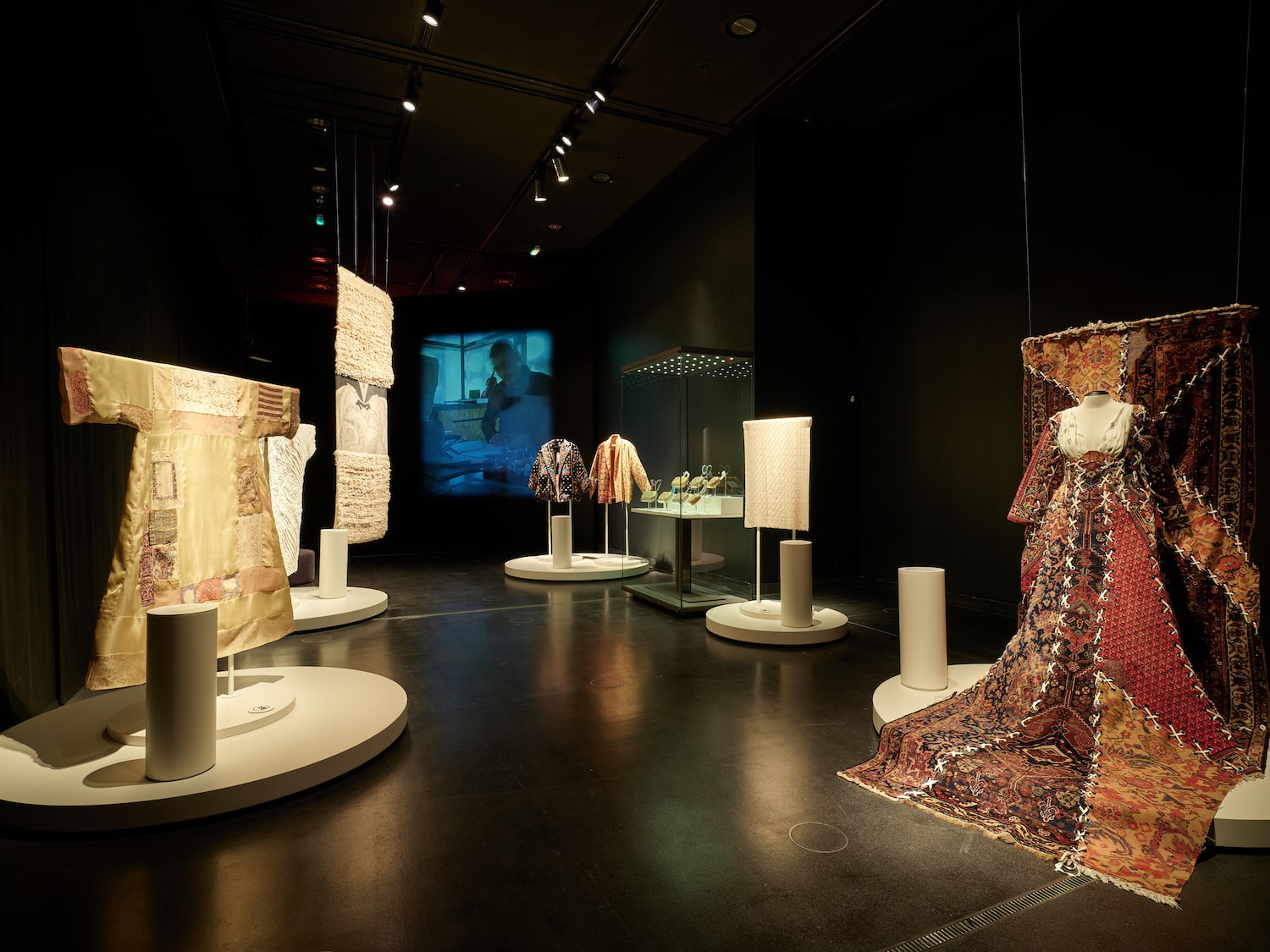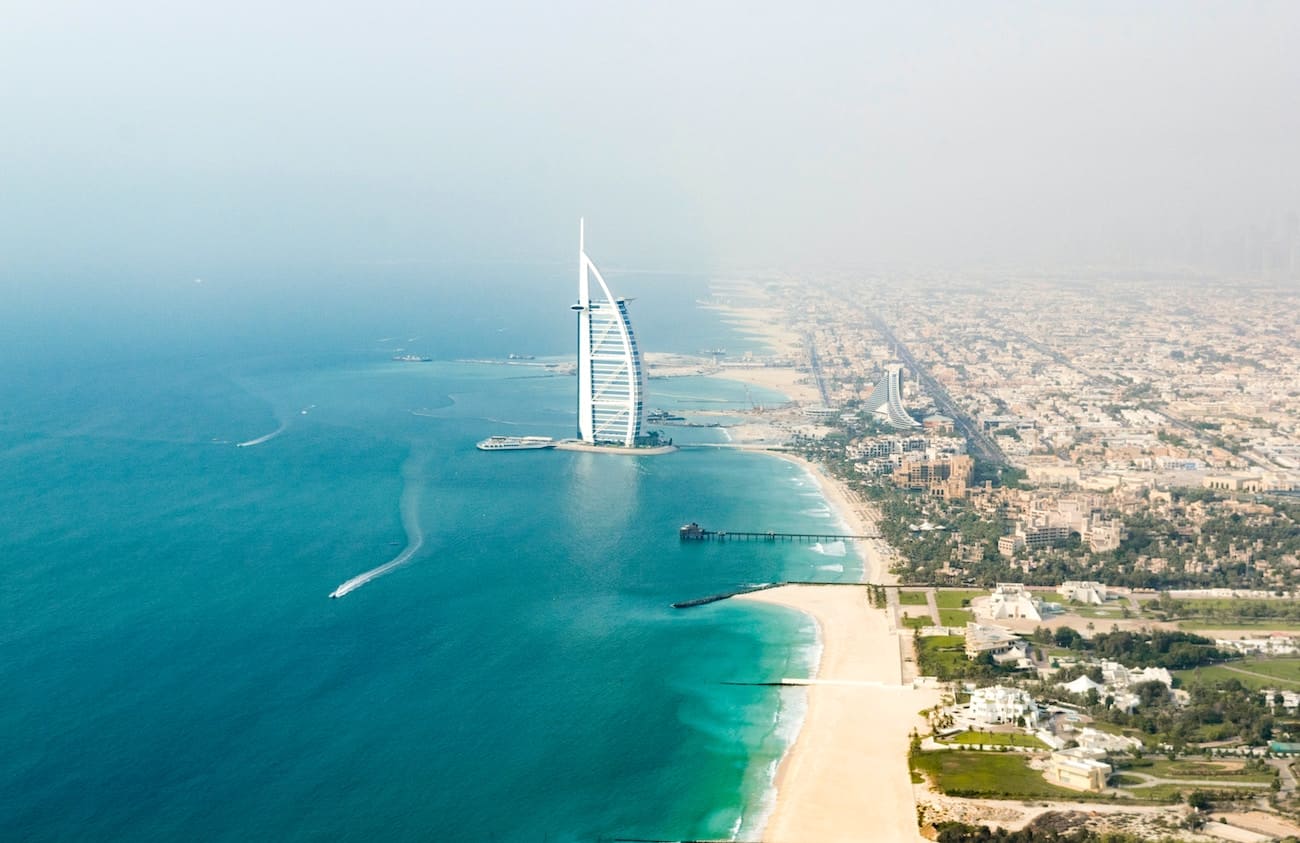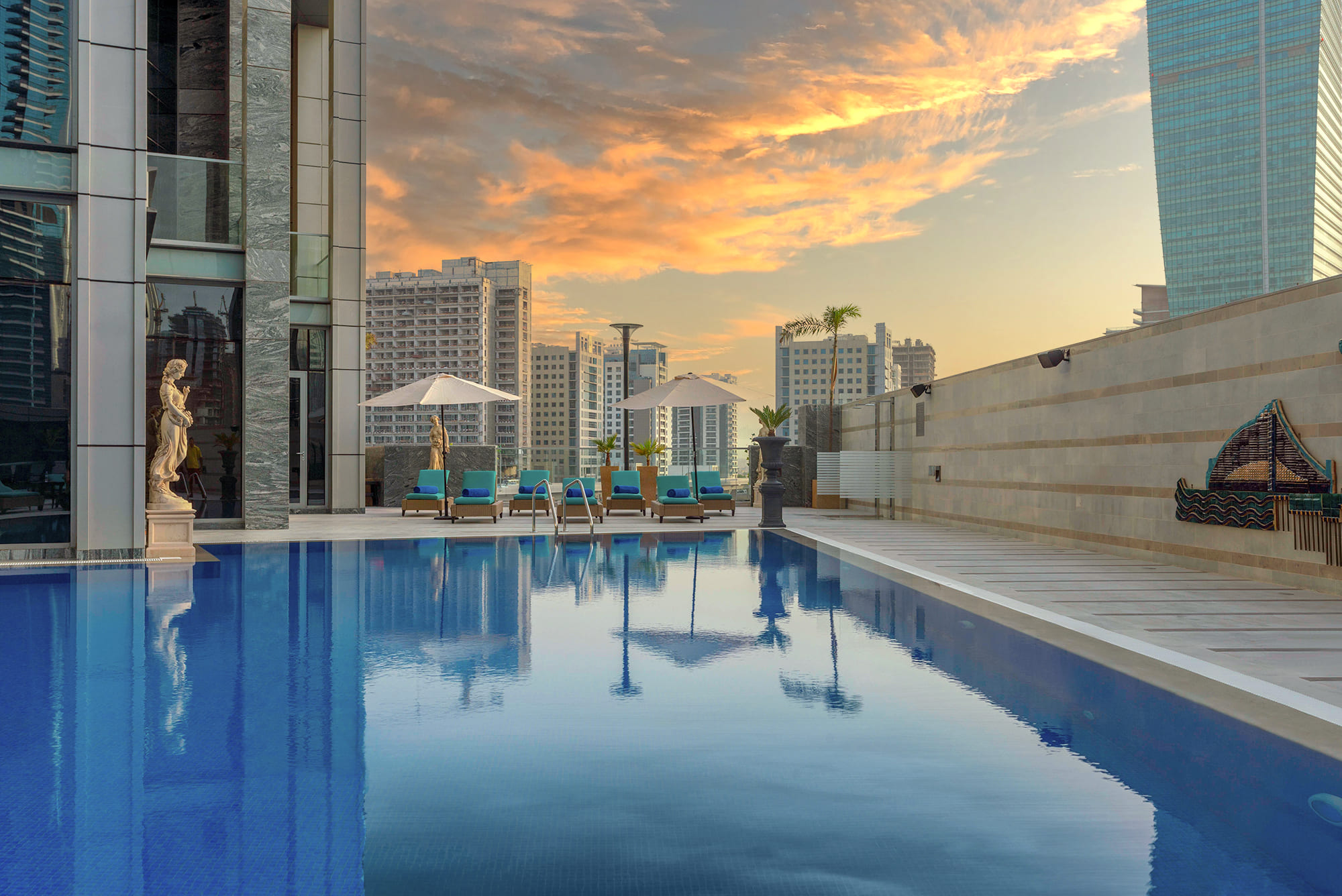Dubai’s meteoric rise from a small fishing village inhabited by the Sir Bani Yas tribe to the world’s gold capital and one of the most futuristic and developed cities in the world is the stuff of legends. Once salt flats surrounded by never-ending desert plains, the entire emirate has risen from the sand in record time, now home to an international population of three million and is a world-leading tourism hotspot. But did you know that the city has over 300 Guinness World Records, or that there was just one skyscraper in Dubai in 1991? Here are 16 strange but true facts about Dubai. How many do you know?
Strange but true facts about Dubai
The emirate is older than you think…
While the UAE was officially founded on 2 December 1971, the catalyst for the world-class desert city we know today, Dubai had actually already existed for almost 140 years. Dubai was founded in June 1833 as a small fishing village when around 800 members of the Bani Yas tribe arrived on Dubai Creek and established the settlement. Fast forward to the 1930s and Dubai’s population was 20,000, soaring to just under three million in 2022.

Its most famous building was destined to have another name
The Burj Khalifa is the world’s tallest building and the most famous building in Dubai, but under construction, it was known by another name: the Burj Dubai. However, the name of the soaring skyscraper was officially changed to Burj Khalifa (or Khalifa Tower) in honour of the late president of the United Arab Emirates, Sheikh Khalifa bin Zayed Al Nahyan. The name change came as a tribute to the leader and ruler of Abu Dhabi after he provided about $25 billion in bailout funds for Dubai following the 2008 financial crisis.
There were only 13 cars registered in 1968
Looking at the avalanche of cars that descend on the city’s streets each day and the seemingly always-heaving six lanes of Sheikh Zayed Road, it’s almost incomprehensible to imagine that only 13 cars were registered in the emirate 55 years ago. In 2020 there were 1.83 million cars registered in Dubai.
Fuel and water are roughly the same price
Fuel is considerably cheaper in Dubai than in many parts of the world, so much so that there’s not much in it between petrol and bottled water. As of January 2023, the price of a litre of fuel in Dubai is AED2.60 for Special 95 and AED2.78 for Super 98. A 1.5-litre bottle of water is roughly AED1.65 to AED2.

It’s home to the world’s largest manmade island, which can be seen from space
Constructed between 2001 and 2006, Palm Jumeirah is the largest man-made island on earth, so large that it can be seen from space. 10.5 million dump trucks of sand were used to form the island located in the southern end of the emirate, which is now home to Dubai’s most expensive villas, residential units, shopping centres, entertainment complexes, dozens of luxury hotels and hundreds of restaurants.
There are double the number of men than women
As of 13 December 2021, there were 222 males per 100 females in the United Arab Emirates, echoing the figures found in a 2019 survey which found there were roughly 2.3 males to every female in Dubai. This is largely due to the number of male migrant workers who flood into the emirate on a temporary basis.
More than a third of the Burj Al Arab is uninhabitable…
The Burj Al Arab was regarded as the most luxurious hotel in the world when it opened in December 1999. The world’s first seven-star sail-shaped hotel has 56 floors and 202 hotel rooms, but more than a third of the hotel is uninhabitable – 39% to be precise.
…But 1,790 square metres of it are covered in 24-carat gold leaf
The Burj Al Arab is an iconic part of the Dubai skyline with its sail-shaped facade located on its own private island accessed via a private bridge. While 39% is uninhabitable, 1,790 square metres of the hotel’s interiors are covered in 24-carat gold leaf, a reflection of the level of luxury guests experience at the iconic establishment.
Dubai has been awarded 339 Guinness World Records
Dubai currently holds a staggering 339 world records, from the more well-known – the world’s tallest tower, the world’s largest dancing fountain (The Palm Fountain) and the world’s largest airport terminal, to the more obscure, like the fastest police car in service, the greatest number of diamonds on a perfume bottle, most people to parachute from a balloon simultaneously and longest underwater live radio broadcast.

In 1991, Dubai had just one skyscraper
It’s hard to imagine a city like Dubai without its skyscrapers, the buildings being such an iconic and famous part of its skyline, but just 30-something years ago there was just one skyscraper in the emirate – Dubai World Trade Centre. Now, there are around 200 skyscrapers and over 1,000 high-rise buildings.
It has the tallest skyline in the world…
From one skyscraper to the most buildings over 300 metres in height in the world – Dubai officially has the tallest skyline. Of course, it has the world’s tallest building in the Burj Khalifa, but it has 28 completed buildings that rise to at least 300 metres and around 100 buildings in total that rise to at least 200 metres tall – more than any other city in the world.
… and the tallest luxury hotels
The JW Marriott Marquis on Sheikh Zayed Road is the world’s tallest five-star hotel at 355 metres, while, at 356 metres, the nearby Gevora is the world’s tallest four-star hotel.

The Dubai Police’s fleet of cars is probably the most expensive and unusual in the world
While the majority of Dubai’s police cars are Nissan Patrols, the fleet does boast a handful of super expensive and impressive vehicles (though don’t expect to see them out patrolling the streets). The Dubai Police fleet boasts the world’s fastest police car– a 254-mph Bugatti Veyron, alongside a speed-modified Lamborghini Aventador, Mercedes AMG GT 63 S, a Bentley Continental GT, Ferrari FF, Aston Martin One-77 and, in true Dubai style, a Mercedes-Benz Brabus G-Wagon.
Robots are used in many weird and wonderful ways…
One being as jockeys for camel racing – one of the region’s more traditional sporting pursuits. Robot jockeys have raced in place of human jackets since 2004, with the UAE and Qatar banning the use of human jockeys in camel racing.
There is no personal or income tax in Dubai
Another reason Dubai is a haven for expats and businesses is that the emirate (and UAE as a whole) levies no personal or income tax on earnings – allowing many residents to live a better quality of life with higher disposable income.
There are ATMs that distribute gold not cash
About 40% of the world’s gold comes through Dubai, making it one of the best places to go shopping for the precious metal. To ease the experience, Dubai is home to a handful of gold dispensing ATMs including ones at Dubai Mall and Atlantis, The Palm.
